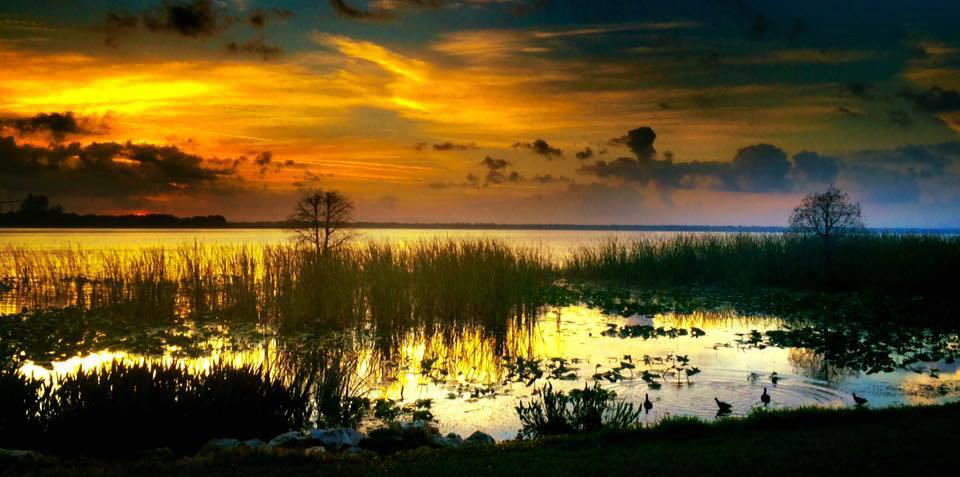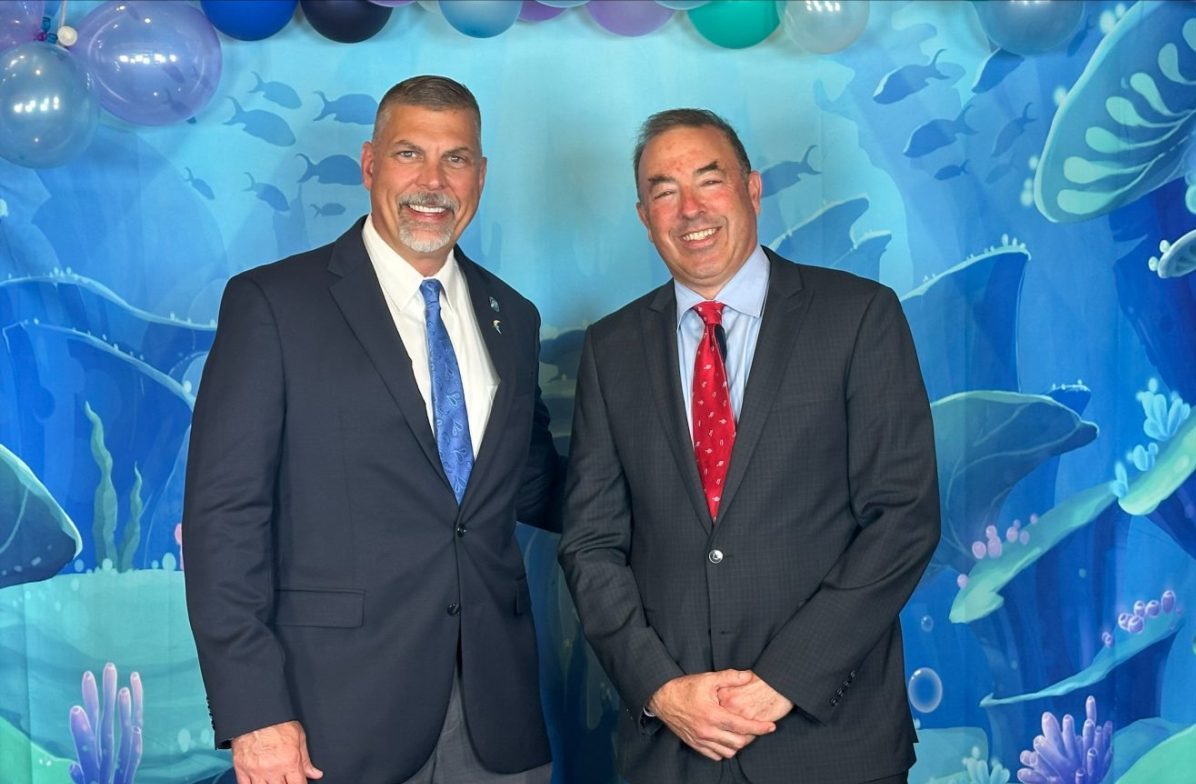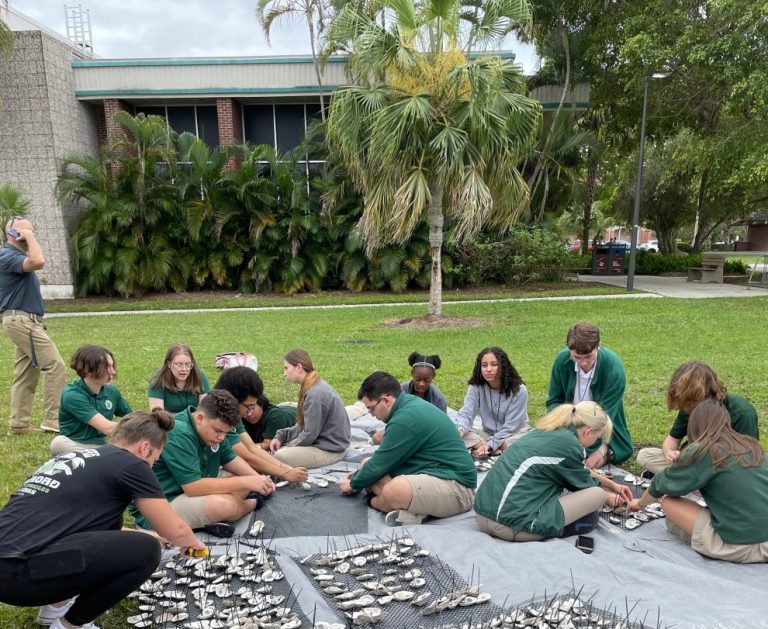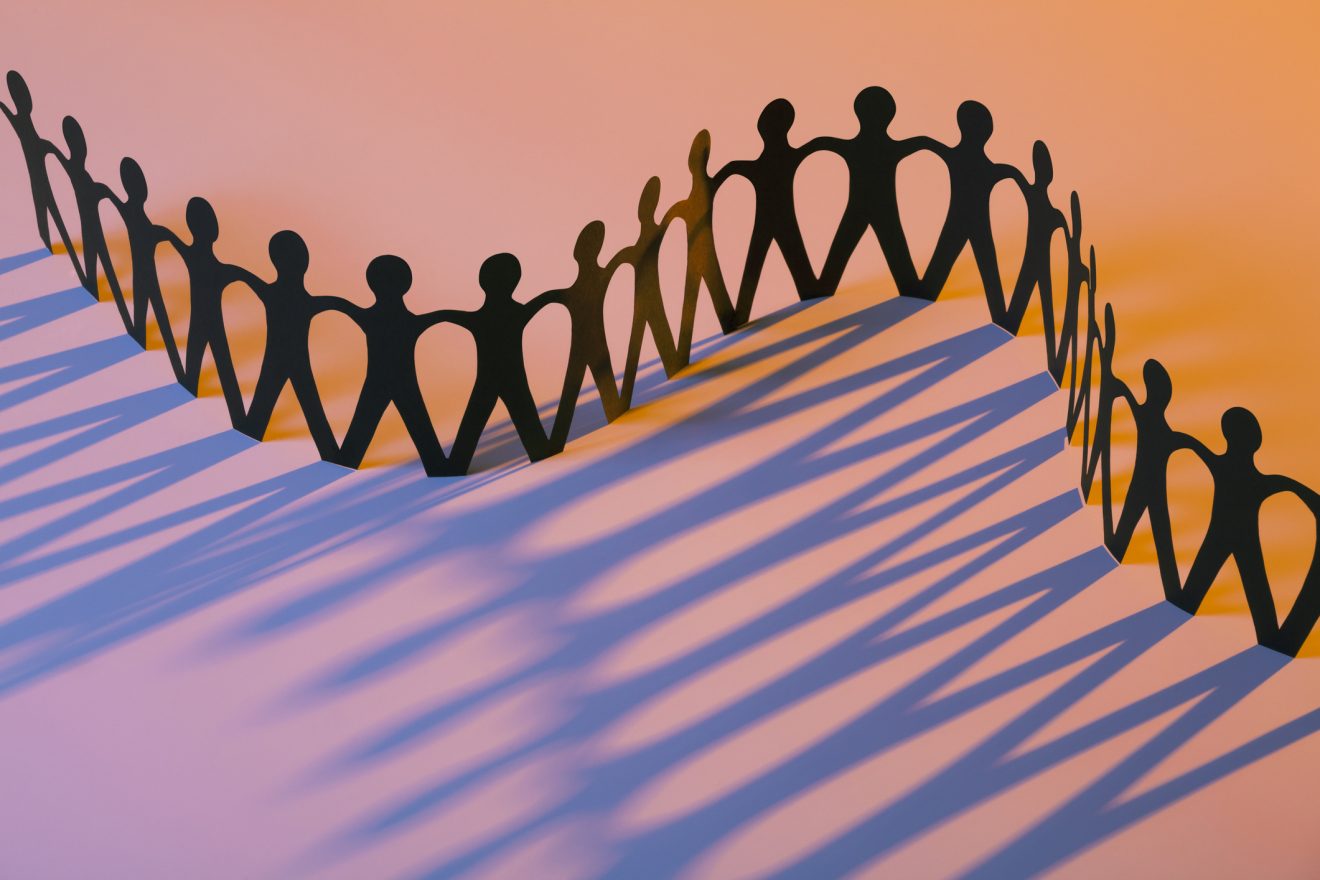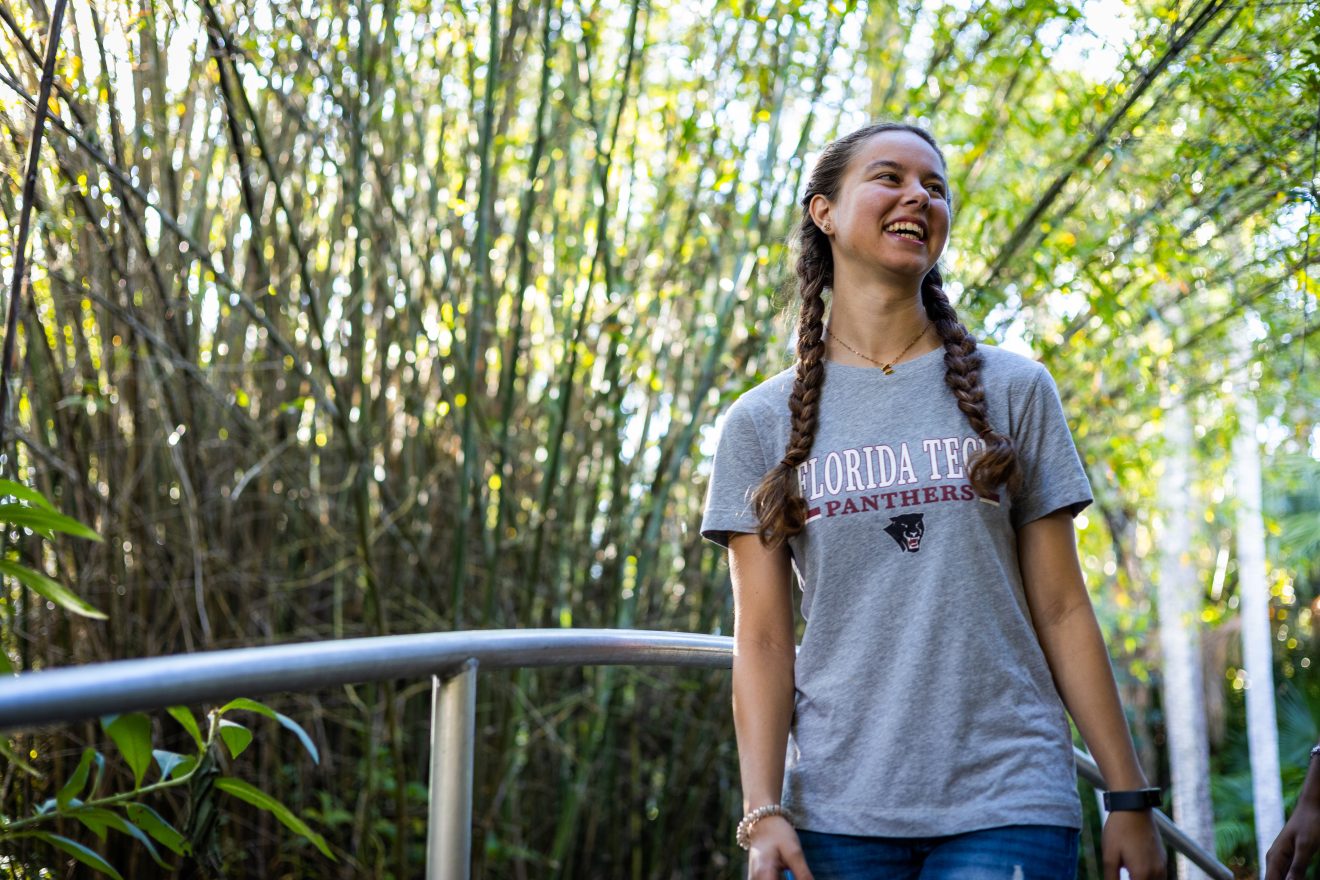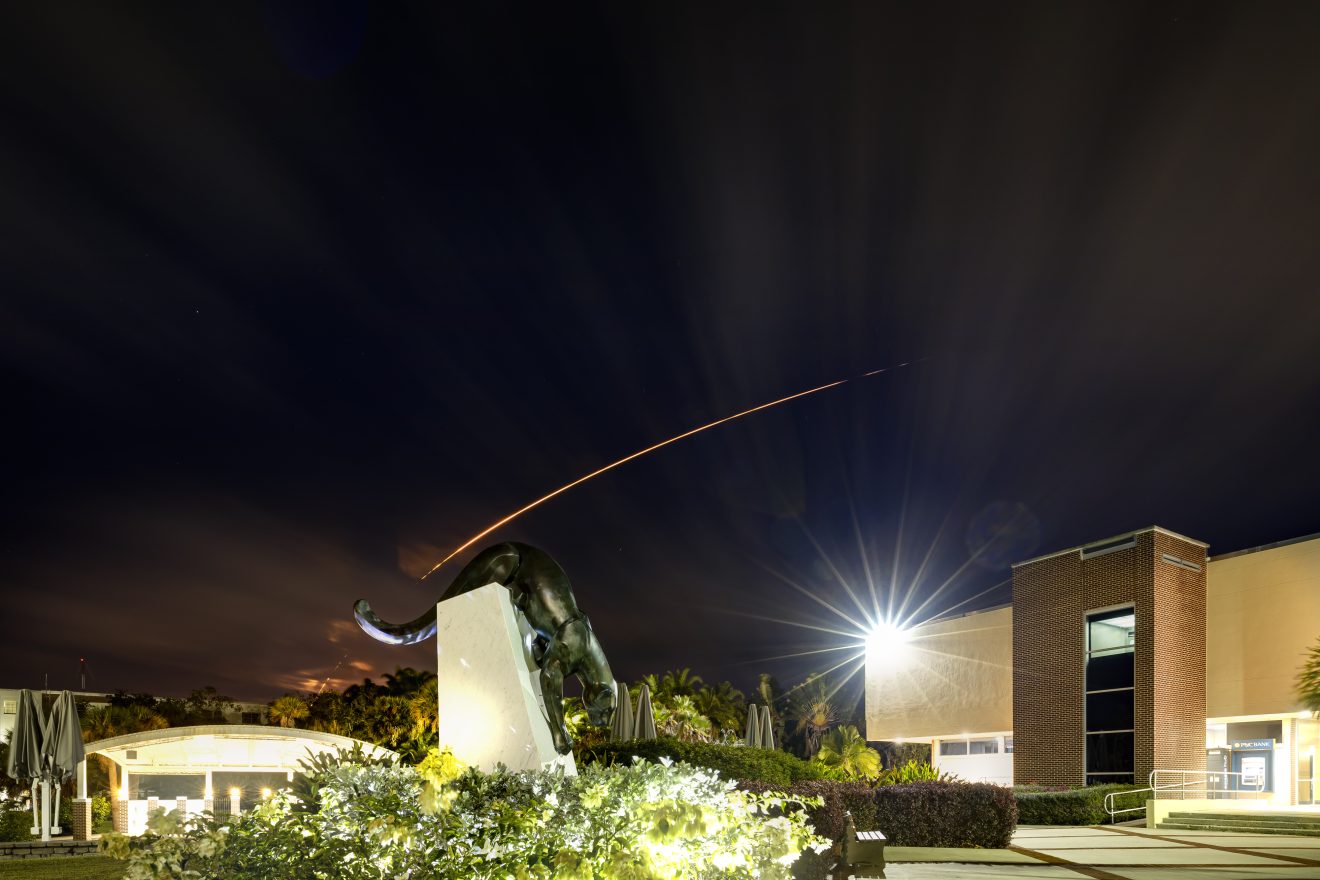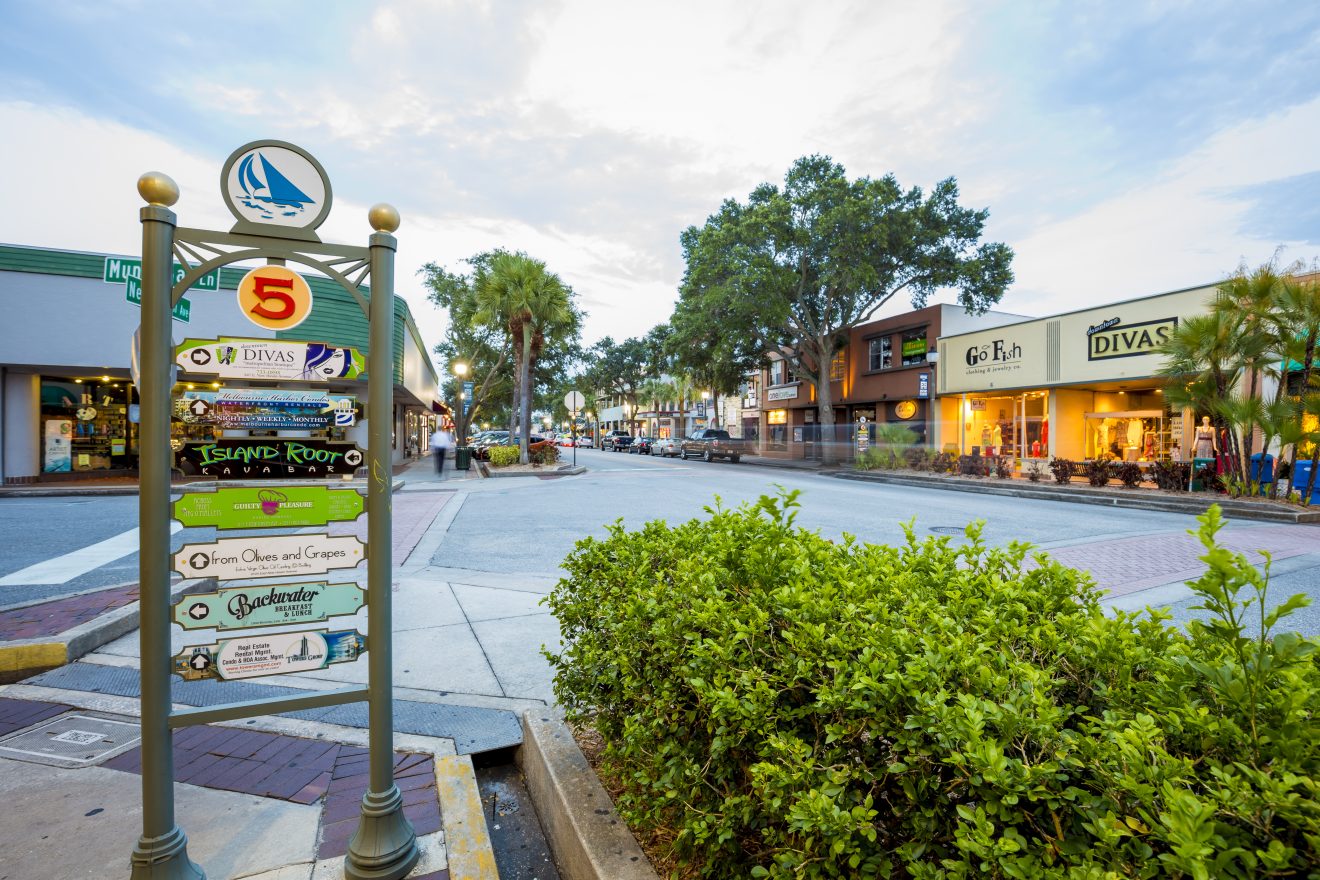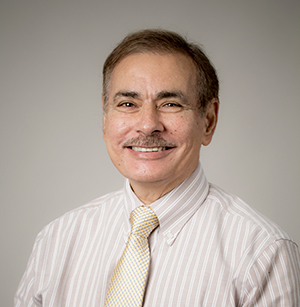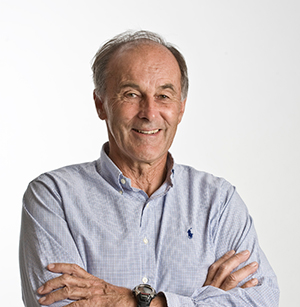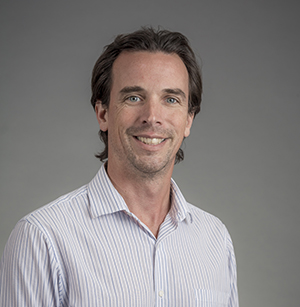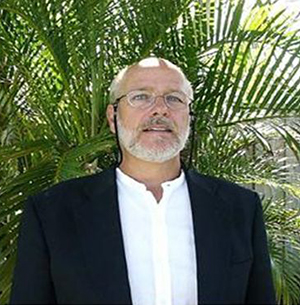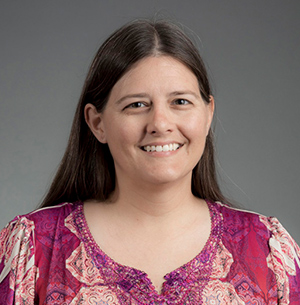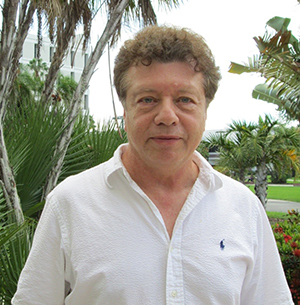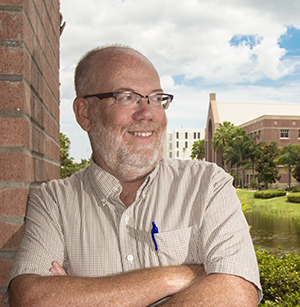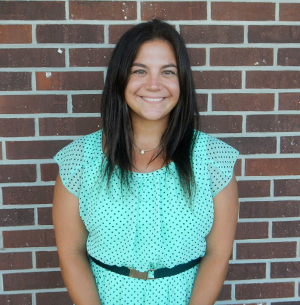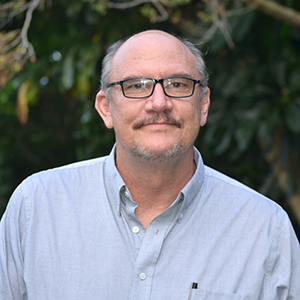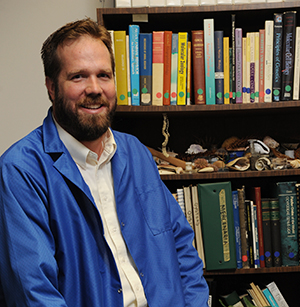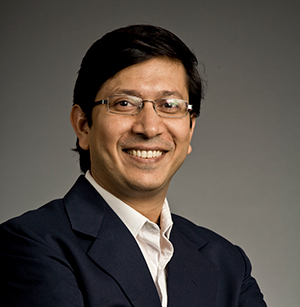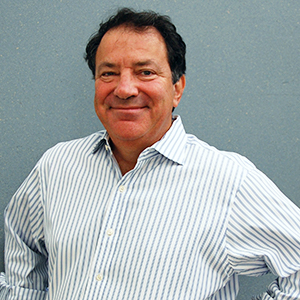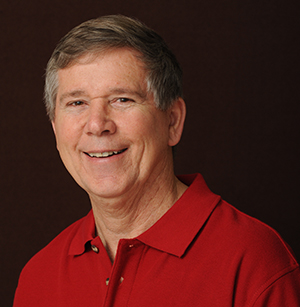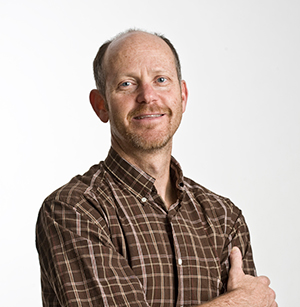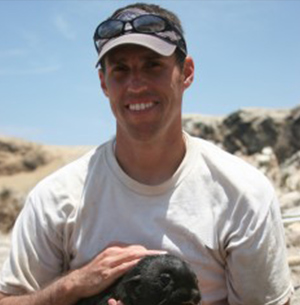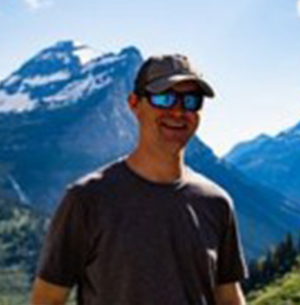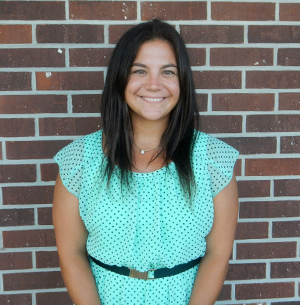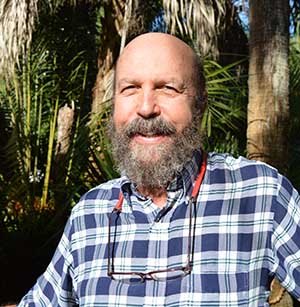A Mucked Up Lagoon

Right in Florida Tech’s backyard is the Indian River Lagoon, home to more than 3,000 species of plants and animals that are suffering from a half-century of neglect and pollution. As more people have made the Space Coast their home and increased development and pressure on the lagoon, marine life has been decimated by a deadly chain reaction started from fertilizer run-off and waste water. The lagoon is now home to a massive build-up of muck, a thick mixture of nitrogen and phosphorus that resembles black tar. In some parts of the lagoon, the muck has reached epic proportions, up to 10 feet high, suffocating seagrass beds, a vital part of the lagoon’s eco-system. Muck is contributing to large scale algae blooms which consume massive amounts of oxygen, choking out marine life. Now, the lagoon is afflicted with massive die-offs fish, sea turtles, manatees and dolphins. Through concerted research efforts, Florida Tech faculty and students are developing solutions to the Indian River Lagoon’s dire situation.
News
Meet our Experts
A group of more than 20 faculty members with decades of scientific research experience related to the Indian River Lagoon have come together to form the Indian River Lagoon Research Institute (IRLRI). Collectively, Florida Tech scientists and engineers are developing solutions to the major issues plaguing the health of the lagoon, including muck and nutrients, lagoon flow, nutrient reduction, sediment loading, ecosystem recovery, policy and management, and engineering technologies. Part of the mission of the IRLRI also includes outreach and education to help the community and lagoon stakeholders understand the importance of IRL problems and their role in creating solutions. The IRLRI collaborates with numerous institutions and agencies along the lagoon with the common goal of improving the lagoon’s eco-system.
Engineering Team
Science Team
Education and Outreach Team
How you can make a difference
To help bring oyster beds back to the shores, the IRLRI’s Living Docks program invites local residents to turn docks and seawalls along the shores of the lagoon into homes for oysters. Participants hang mesh bags filled with used oyster shells from the sides of a dock or seawall and submerged into the water. The presence of the shells attract oyster larvae, which then propagate and grow. A single dock with 37 pilings—with an average of 32 oysters per piling—can filter about 21 million gallons of water per year.
There are many ways to help improve the health of the Indian River Lagoon, from adopting eco-conscience landscaping practices like reducing fertilizer usage, preventing grass clippings from going down storm drains and growing Florida-friendly native plants to simple things like picking up trash and after your pet. Little actions can go a long way.
Support lagoon friendly legislation at the local, county, and state level. Check out our Oyster Restoration guide and learn how you and a colony of oysters can make the lagoon a more hospitable environment for marine life.islation at the local, county, and state level.
Lagoon Forums
A series of informational forums focused on the Indian River Lagoon health, with the goal of connecting scientists, engineers, citizens, and municipalities in a joint effort to find solutions.
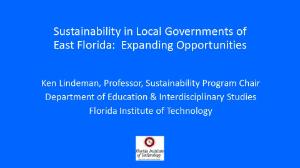 |
Sustainability in Local Governments of East Florida: Expanding Opportunities |
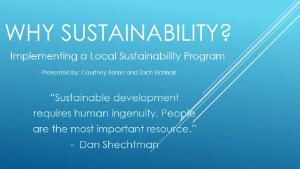 |
WHY SUSTAINABILITY? Implementing a Local Sustainability Program |
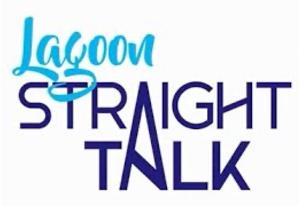 |
Lagoon Straight Talk June 2022 at Florida Tech. Organized by the Brevard Indian River Lagoon Coalition |
Reports
State of Florida Restore Lagoon Inflow Research Project
Phase 1
View the Phase 1 Executive Summary - 2020
Read the Phase 1 Full Report - 2020
Phase 2
View the Phase 2 Executive Summary - 2021
Read the Phase 2 Full Report - 2021
Phase 3
Review the Phase 3 Interim Report from March 2023
View the Phase 3 Executive Summary - 2023
Read the Phase 3 Final Summary Report
Additional Information
View the MCR Restore Lagoon Inflow research update with Dr. Jeff Eble (January 11th, 2022).
Find answers to Frequently Asked Questions about the Restore Lagoon Inflow Project.
Florida Tech Environmental Muck Dredging Research
Florida Tech Environmental Muck Dredging Brief Summary of Key Research Findings and Recommendations
Florida Tech Environmental Muck Dredging Research Findings & Recommendations
Florida Tech EMD Year 1 peer-reviewed final research reports: (All Year 1 results are in ONE Report)
Florida Tech EMD Year 1 peer-reviewed final research reports
Florida Tech EMD Year 2 peer-reviewed final research reports:
Florida Tech EMD Year 2 peer-reviewed final research reports
Florida Tech EMD Year 3 peer-reviewed final research reports:
Florida Tech EMD Year 3 peer-reviewed final research reports
*Funding through DEP Grant Agreement Nos. S0714 and NS005 administered by Brevard County
Contact
For questions regarding IRLRI related activities,
please call: 321-674-8936
For questions regarding the IRLRI or research-based projects,
please contact the IRLRI Director:
Robert Weaver, PhD: rjweaver@fit.edu
For questions regarding outreach events or community based projects,
please contact the IRLRI Outreach Coordinator:
Kelli Hunsucker,PhD: khunsucker@fit.edu


 Give to Florida Tech
Give to Florida Tech 